‘Don’t rush coronavirus vaccine’ because of new strains, northern beaches outbreak, says expert
A leading epidemiologist has rejected calls for the vaccine rollout to be accelerated, despite the emergence of more contagious virus strains and the feared spread interstate of Sydney’s northern beaches outbreak.
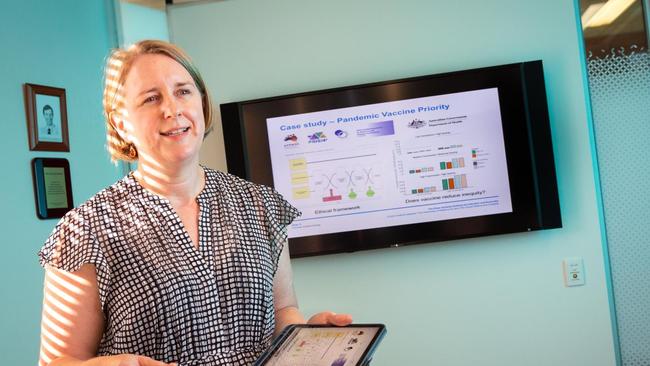
An architect of Australia’s COVID-19 response has rejected calls for the vaccine rollout to be accelerated, despite the emergence of more contagious mutant virus strains in Britain and South Africa and the spread interstate of the outbreak centred on Sydney’s northern beaches.
Jodie McVernon — director of epidemiology at Melbourne’s Peter Doherty Institute for Infection and Immunity and an expert member of the council of chief health officers that delivers high-level scientific advice to Scott Morrison and the premiers — said there was no need “to press the red emergency button” and bring forward distribution of the jab from March.
Her position is at odds with Anthony Albanese who on Wednesday urged the Prime Minister to make the vaccine available as soon as January, when some or all of the three overseas formulations ordered by the government are expected to be approved.
“No, I don’t think we need to press the red emergency button right now,” Professor McVernon said. “We are not in the same universe as the countries that have done that. There would have to be a significant tipping point for the commonwealth and the regulator to decide we were at an emergency usage stage. I … am very heartened by the faith the NSW government has in its system and its measured and proportional response to what has happened on the northern beaches.”
There were 7 new COVID-19 cases in Sydney on Friday, with a further case in quarantine in Queensland linked to a superyacht which arrived in Cairns after a six-week trip from the Maldives.
Updated state by state modelling on the transmission potential of the virus by University of Melbourne professor in mathematical biology James McCaw, who sits alongside Professor McVernon on the Australian Health Protection Principal Committee, shows that the risk of COVID-19 spreading in NSW is nearly a third higher than in Victoria.
Perversely, the success of Western Australia and Queensland in containing the virus jars with their outbreak risk being rated as the highest of the mainland states — calculated at 1.55 and 1.33 respectively. As the index measures “current settings and behaviours”, it could reflect a degree of public complacency in those jurisdictions.
Professor McVernon said Australians should not be “judged harshly” on the numbers.
“If the virus is imported into a given state or territory the reproductive potential shows what is the likelihood it will spread … effectively it’s an indication of how free the populations are,” she said.
“And look, that was the point of getting to zero community transmission — letting people get out, socialise and have a healthy economy. So we shouldn’t berate the population for that.”
The modelling on the federal Health Department’s common operating picture database cut out at December 8, before the northern beaches outbreak took hold in Sydney. A southeast Queensland man who visited the area on December 12, prior to the lockdown, has now tested positive to COVID. Viral traces had also been detected in sewage in Wynnum on Brisbane’s bayside, Bundaberg and nearby Bargara Beach, Queensland chief health officer Jeannette Young said. South Australia also recorded a case linked to the northern beaches cluster, after a local resident aged in his 20s returned a positive test.
Alarm about the mutations reported in Britain and South Africa intensified this week after federal chief medical officer Paul Kelly confirmed four cases of the British strain had been detected among returned travellers in hotel quarantine. Two were in Sydney, two in Melbourne.
British authorities say the variant spreading in London, southeast England and Wales could be up to 70 per cent more infectious than the coronavirus that causes COVID-19, though there was no proof it made the disease deadlier.
British Health Secretary Matt Hancock warned that the mutated South African strain, now identified in two cases in Britain involving people thought to be contacts of those who had recently travelled between the two countries, could be even more contagious. Announcing further lockdown measures to come into effect next week, Mr Hancock said: “This new (South African) variant is highly concerning because it is yet more transmissible and it appears to have mutated further than the new variant discovered in the UK.”
Health Minister Greg Hunt, who accused Mr Albanese of undermining confidence in a vaccine by pushing for an accelerated rollout, said on Christmas Eve that the vaccine introduction would not be fast-tracked from March, with the government sticking with its approach to “underpromise and overdeliver”.
After the failure of the University of Queensland vaccine, which was to deliver 50m doses, additional supply was ordered of the Oxford-AstraZeneca and Novavax vaccines, in addition to 10m doses contracted from Pfizer of the German BioNTech vaccine.
Professor McVernon said public confidence in the immunisers was as important as their effectiveness, and would be underpinned by the experience in the UK and US after those hard-hit countries approved the Pfizer jab under emergency-use provisions. Another vaccine produced by American biotech company Moderna Therapeutics has been provisionally authorised by the US regulator, the Food and Drug Administration, paving the way for nearly 1 million people to be treated to date under President Donald Trump’s “Operation Warp Speed” initiative. “Obviously for any vaccine development program to work we need to be confident of its safety and its effectiveness, and the fact that we have not had to use the vaccines with the urgency of other countries does mean we benefit from the additional time,” Professor McVernon said.
Pfizer in Australia would not be drawn on when the vaccine would be available here. “We have confidence in our ability to quickly scale and manufacture large quantities of a high-quality COVID-19 vaccine, leveraging multiple sites in the US and Europe,” a spokeswoman said.
“Pfizer and BioNTech are committed to delivering on their agreement with the Australian government to supply 10m doses … over the course of 2021 subject to regulatory approval.”
Asked if fast-tracking the process was an option if the containment situation deteriorated, Professor McVernon pointed to October’s decision by the Therapeutic Goods Administration to issue a “provisional determination” in favour of Pfizer and the Oxford-AstraZeneca vaccines before the latter was delayed by a dosing glitch in final-phase human trials. The problem, reportedly, has been resolved and British regulators are expected to green light the rollout within days.
A provisional determination by the TGA means the drug developer can apply for provisional registration in Australia and Professor McVernon said this implied an accelerated pathway was possible.


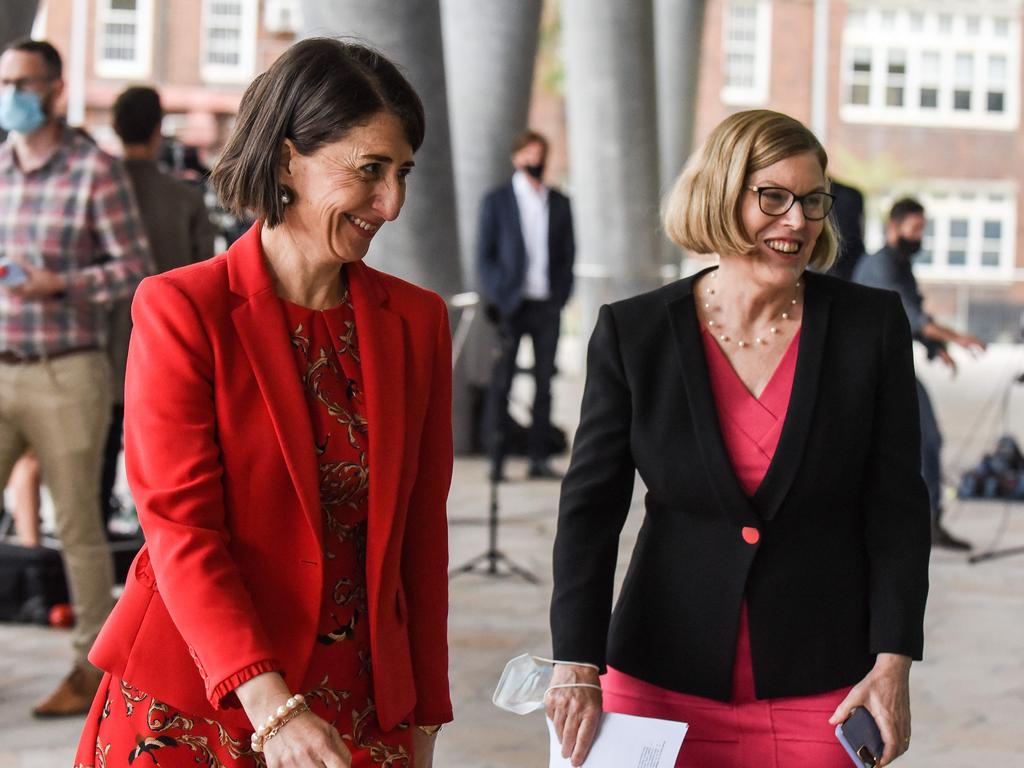
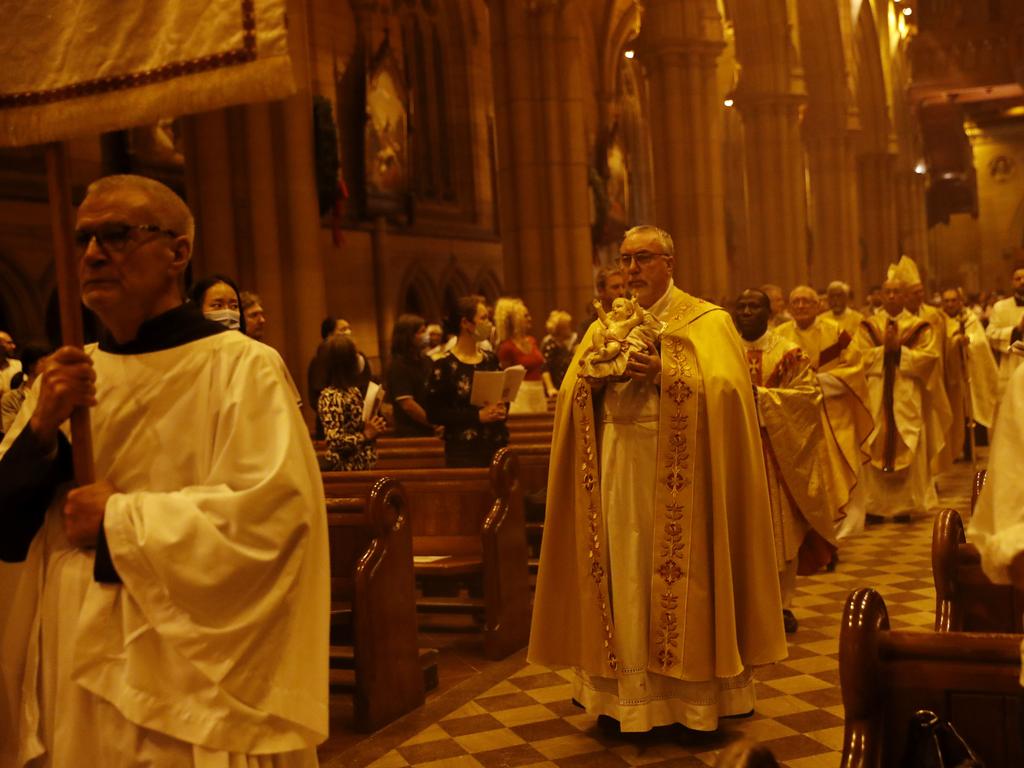
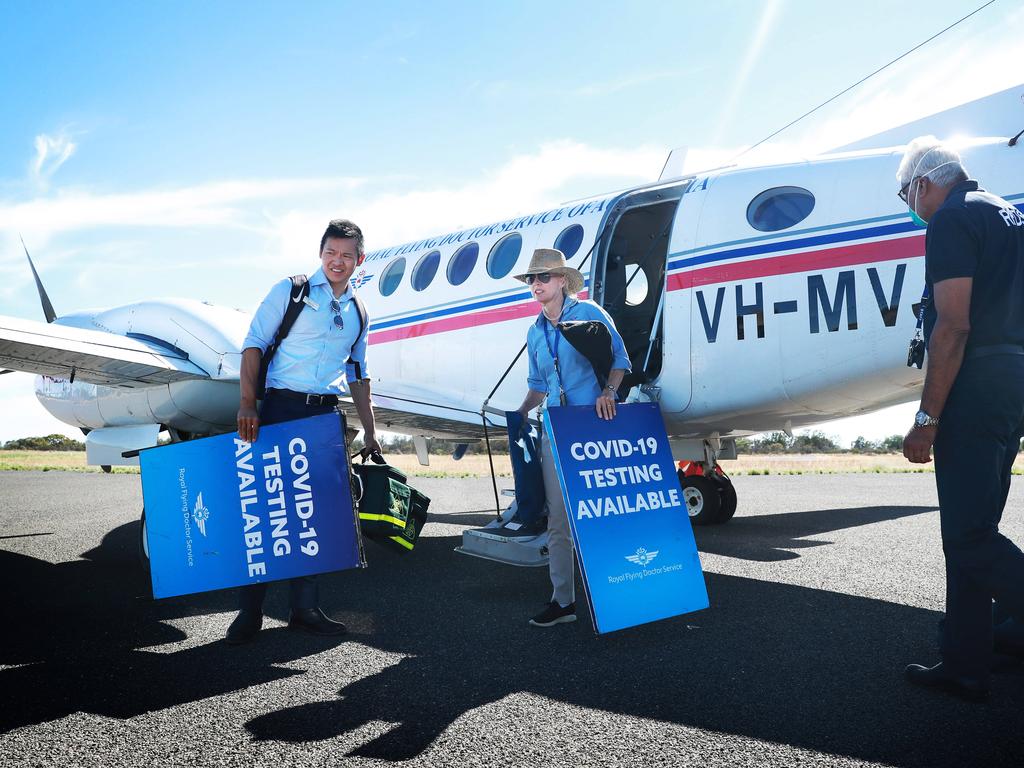
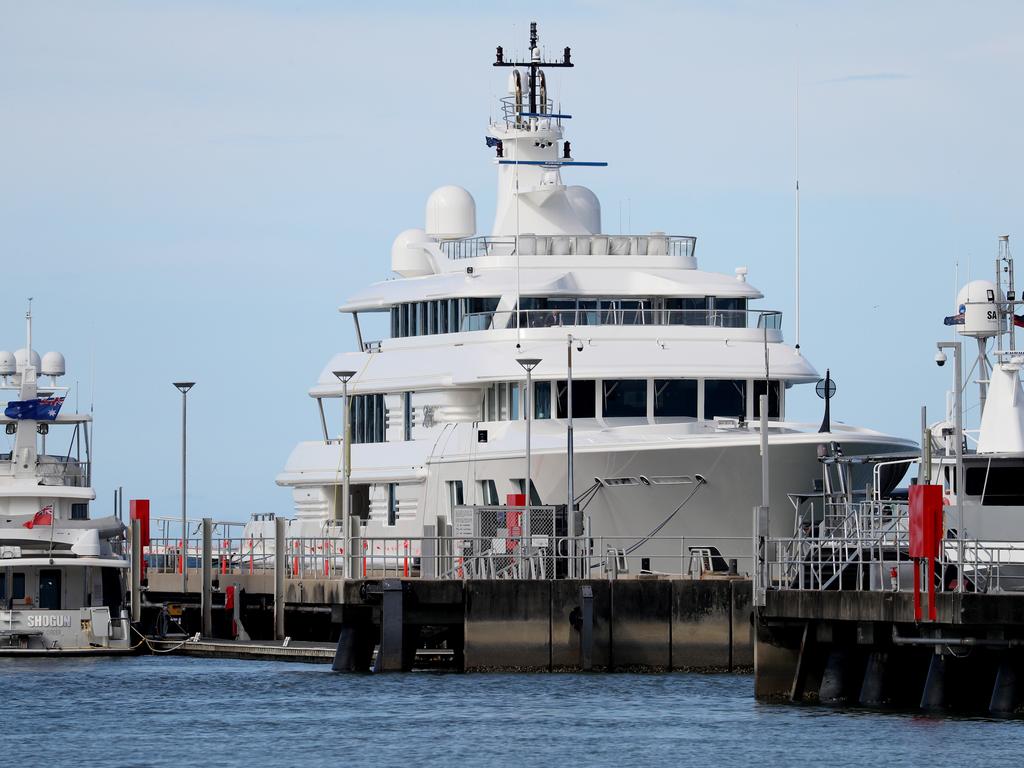


To join the conversation, please log in. Don't have an account? Register
Join the conversation, you are commenting as Logout